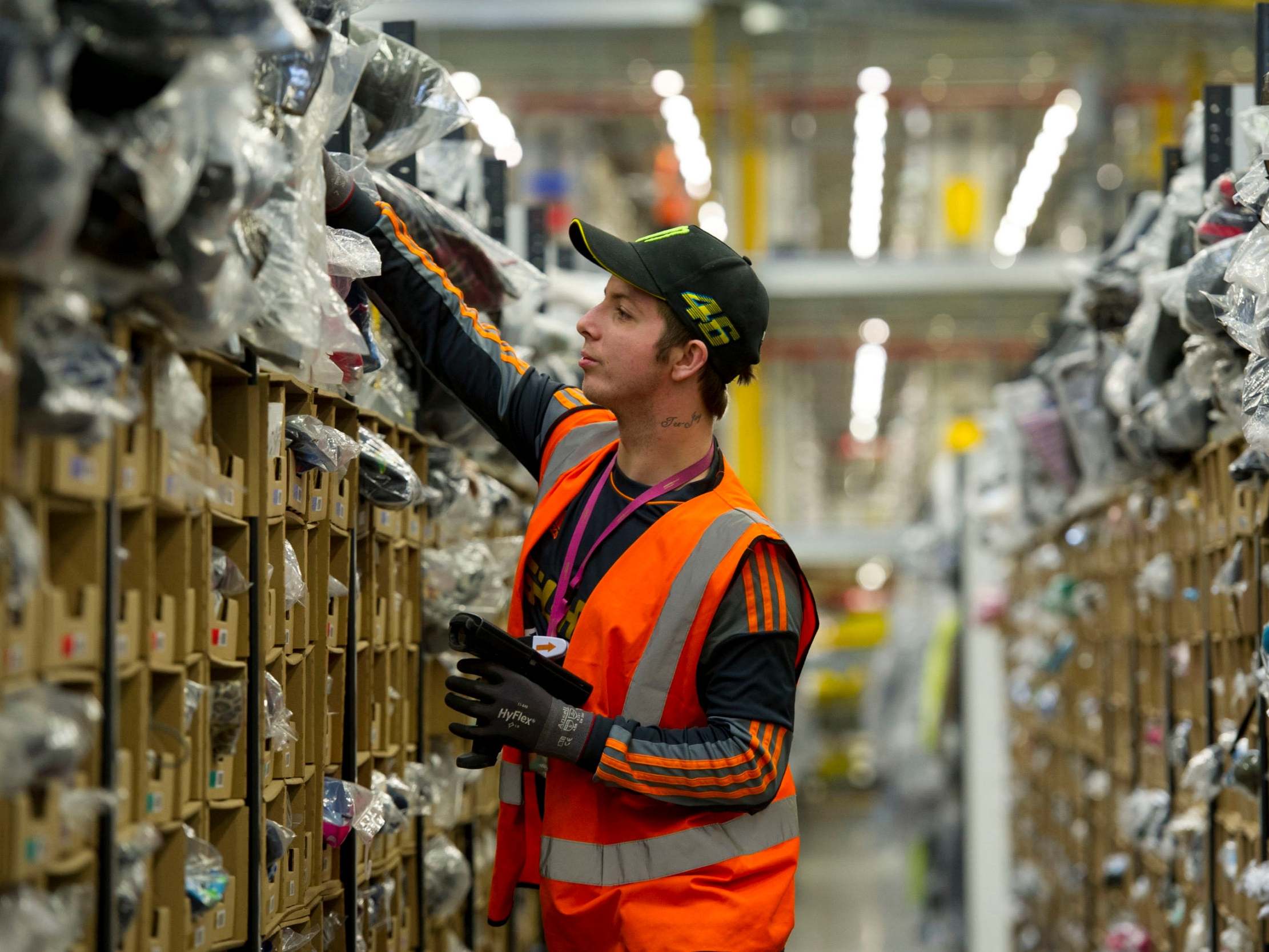Coronavirus won’t halt globalisation – but it will change it for good
Globalisation has proven fragile, writes Hamish McRae. When we piece it back together, it could look dramatically different


The car factories in Germany are starting up again; housebuilders in Britain are reopening their sites; New York banks are figuring out how to balance home-working and office-based teams so that finance gets back to work. But if America and Europe are gradually getting back to business, it will be a very different international environment from the one before lockdown.
Some elements are clear. There will for at least two or three years be less international travel, either for pleasure or for work. There is a sub-debate here about whether we have seen “peak air travel” – whether the volume of passenger flights will never recover. If so, this would upend many of the assumptions we make of the global economy for the next 30 years.
It is clear, too, that online retail will continue to cut away at physical shops, with far-reaching consequences for High Street Britain, Main Street America and land use more generally.
The hospitality industry will be smaller. Restaurants and hotels have, in one form or other, been around for thousands of years – you can still see the remains of the rest houses in Iran and elsewhere along the Silk Road to China – so they won’t disappear. But the industry may be smaller for several years.
And of course, those of us who can will continue to work more from home and less from the office, though the limitations of videoconferencing have become evident in the past few weeks. Some things may be done efficiently remotely, but a lot can’t.
All this we can see. But behind all this lurks a huge question: is globalisation over? Is this, in economic terms at least, 1913?
This is the question everyone is asking, but it is too big for there to be any satisfactory answer. So here are five elements of the answer, broken done into bite-sized chunks.
First, we know that global supply chains will become simpler and more robust. You don’t want to be too reliant on any one supplier or any one country. Where practicable, production will be onshored. The issue is to what extent this will happen, rather than whether it will or won’t, and that is impossible to call at the moment.
Next, we know that international travel will become more limited, certain by people in the developed world. The question is what will happen to travel in Asia, which has been the fastest-growing region. In South Korea, Cambodia, Thailand and Japan, 30 per cent or more of all their visitors came from China. If the Chinese stop travelling, this will have a huge knock-on effect.
Third, will higher education become national instead of increasingly international? This coming year will certainly see a sharp reversal of the trend for more students travelling abroad. Many countries would prefer to have their young people educated at home if possible. Now there is both an excuse not to send them abroad, and less money to do so. If higher education becomes less global, that will set the tone of the world for many years to come.
Four, what about financial flows? They have become pretty open – increasingly so, as foreign investment is generally welcomed. It has helped transform many economies in the developed world – Ireland is a good example – as well as the emerging world. But now there is pushback against China taking over companies in the West. Fair or unfair, it is hard to see this pressure receding soon.
Finally, there is the world of ideas – ideas about how societies should organise themselves, about freedom of thought and speech, about developing new technologies, the whole gamut. That world has opened up massively over the past 30 years, though inevitably there are closed pockets. Maybe the reverse will now happen at all sorts of levels. We may stop trying to learn from each other, and certainly stop permitting others to pinch our ideas.
That would be dreadful. One of the few silver linings to the present clouds has been a reasonable degree of global cooperation in fighting the virus. Yes, of course, there have been bouts of nationalism both within Europe and in the rest of the world, including the US – but you would expect that. By and large, there is a common attack on a common enemy.
But globalisation is fragile. Nearly 20 years ago Kofi Annan, secretary-general of the UN, wisely remarked: “It has been said that arguing against globalisation is like arguing against the laws of gravity.” That comment has been much quoted, and in 2000 it was surely correct. But he also had noted a few months earlier: “Globalisation is a fact of life. But I believe we have underestimated its fragility.” Now we can see he was right on that, too
Join our commenting forum
Join thought-provoking conversations, follow other Independent readers and see their replies
Comments